Taliban say will present written peace proposal to Kabul as soon as next month
The Taliban say they will present a written peace proposal to the Afghan government as soon as next month even though they have gained the “upper hand on the battlefield” in recent weeks.
A Taliban spokesman told Reuters on Monday that the militant group was serious about peace with Kabul, as concerns grow about the future of the country as US and NATO forces withdraw.
“The peace talks and process will be accelerated in the coming days,” Zabihullah Mujahid told Reuters. “Although we have the upper hand on the battlefield, we are very serious about talks and dialog.”
Peace talks between the Taliban and Kabul, obligated under a deal between the US and the militant group in Doha last year, have made very little progress so far. But Mujahid said it would possibly take a month “to enter an important stage” in the peace process with the Afghan government.
Spokesperson for Afghanistan’s Ministry for Peace Affairs Najia Anwari also confirmed that intra-Afghan talks had resumed, but said, “It is difficult to anticipate that the Taliban will provide us with their written document of a peace plan in a month.”
“But let’s be positive,” she said. “We hope they present (it) so as to understand what they want.”
In exchange for the US withdrawal, the Taliban have made a commitment to negotiating with the Afghan government. But they have so far refused to declare a ceasefire.
While some observers say a full withdrawal of the foreign forces could intensify violence in the absence of a peace deal in Afghanistan, Mujahid said earlier this week that that pullout “will pave the way for Afghans to decide about their future between themselves.”
“Afghans can get closer to stability and peace with the full withdrawal of foreign forces,” he said on Friday.
In reaction to Mujahid’s recent remarks, a spokesperson for the US State Department urged “the sides to engage in serious negotiations to determine a political roadmap for Afghanistan’s future that leads to a just and durable settlement.”
“The world will not accept the imposition by force of a government in Afghanistan,” the official told Reuters, in an apparent reference to a potential takeover of power by the Taliban.
Since the US started the formal withdrawal of its forces from Afghanistan, in May — with a delay in a deadline agreed with the Taliban — the militant group has intensified attacks across the country and, and according to the Pentagon, managed to take control of more than 100 of Afghanistan’s 419 district centers so far.
The Taliban have, however, claimed that they have control of more than 200 districts in 34 provinces.
Afghan army chief vows to retake areas seized by Taliban
Afghanistan’s newly-appointed army chief, General Wali Mohammad Ahmadzai, has promised to retake those areas that have fallen to the militant group. He told Afghanistan’s TOLOnews that efforts would be made to mobilize the country’s military to retake those areas.
The general said that the army’s priority was to safeguard the country’s major cities and border towns from the Taliban, whose five-year rule over Afghanistan came to an end after the US’s 2001 invasion of the country.
Ahmadzai said the closure of border towns, supply routes, and attacks on major cities and districts were among the goals of the Taliban. But he promised that such attempts would be repelled.
Meanwhile, the Tajik border guard service said more than 1,000 Afghan security personnel had crossed the northern border into Tajikistan after Taliban advances on Afghan territory. Dozens of Afghan troops were also captured by the Taliban, it said on Sunday.
A senior Afghan official also confirmed to Reuters that there had been hundreds of crossings into Tajikistan. “The Taliban cut off all the roads and these people had nowhere to go but to cross the border,” he said.
Tajikistan calls up reservists to bolster border security
Later on Monday, Tajikistan’s President Emomali Rahmon ordered the mobilization of 20,000 military reservists to bolster the security of the border with Afghanistan.
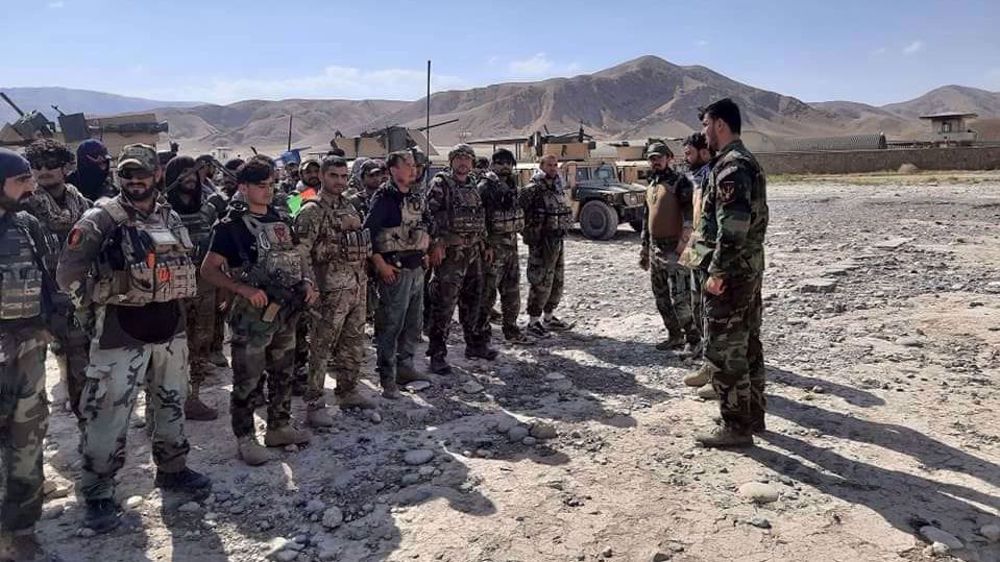
President Rahmon also discussed the situation with allies in the region, including Russia.
In a phone conversation on Monday, Russian President Vladimir Putin assured Rahmon that Moscow would support the country to stabilize its border with Afghanistan if needed, both directly and through a regional security bloc, the Kremlin said in a statement. Russia operates its largest military base abroad in Tajikistan.
Citing government sources, Reuters said Tajikistan was also looking into setting up camps for potential refugees from Afghanistan.
Rahmon also talked to his Afghan counterpart, Ashraf Ghani, on Sunday, expressing concern about “forced crossings” by members of the Afghan security forces, his office said in a statement.
“Special attention was paid to the escalation of the situation in Afghanistan’s northern areas adjacent to Tajikistan,” it said.
US left Bagram airbase without telling Afghan commanders
In another development, Afghan forces said US forces had left their major airbase in the country’s ancient city of Bagram without notifying Afghan commanders.
Reports said on Friday that the US had completely vacated the airfield after 20 years of occupation.
Afghan military officials said on Monday that they had discovered the Americans’ departure more than two hours after they had left.
The Afghans said the US left the compound by shutting off the electricity and slipping away at night without notifying the base’s new Afghan commander.
“We (heard) some rumor that the Americans had left Bagram,” the airfield’s new commander, General Mir Asadullah Kohistani, said, adding that, “Finally, by seven o’clock in the morning, we understood that it was confirmed that they had already left Bagram.”
A senior Afghan government official told Reuters on Monday that the Americans “are completely out now and everything is under our control, including watchtowers, air traffic, and the hospital.”
Afghan officials, however, said that before the army could take control of the airfield, it was invaded by a small army of looters. They said the looters ransacked barracks after barracks and rummaged through giant storage tents before being evicted.
“At first, we thought maybe they were Taliban,” said Abdul Raouf, an Afghan soldier. But the looters turned out to be ordinary Afghans.
Kohistani, the airfield’s new commander, also insisted that the Afghan forces could hold on to the base against the Taliban.
Power generated by Iran’s only nuclear plant at over $8bn: Report
Israel’s Ben Gvir to Netanyahu: Bomb aid deliveries into Gaza
VIDEO | Israel seizes administration of Ibrahimi Mosque, sparking Palestinian outrage
UN envoy warns Israel against ‘unacceptable’ military escalation in Syria
Arab League endorses Egypt’s Gaza reconstruction plan at Cairo summit
Israel kills 4 more Palestinians in Jenin
VIDEO | Gazans observe Ramadan amid Israel’s violations
Iran court jails ex-ministers over role in massive corruption case


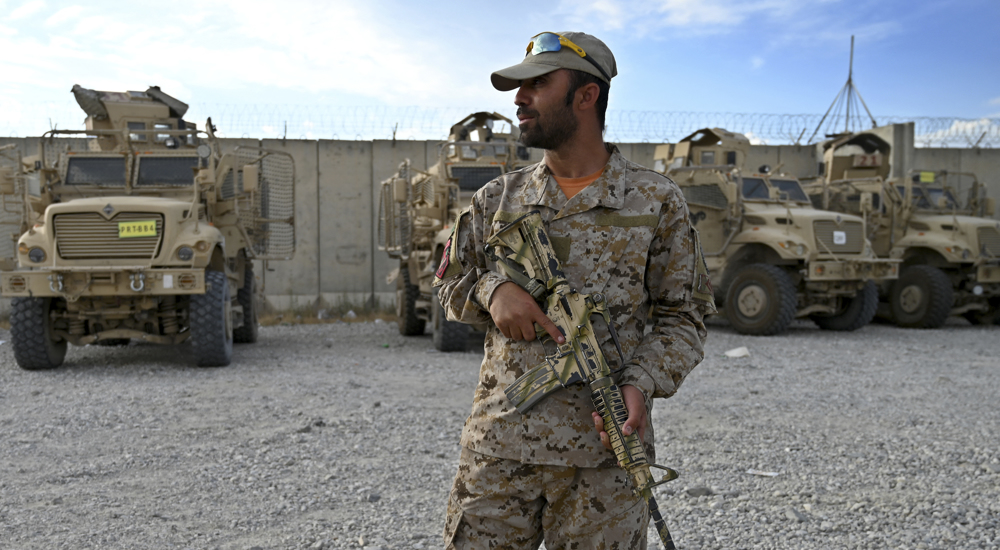
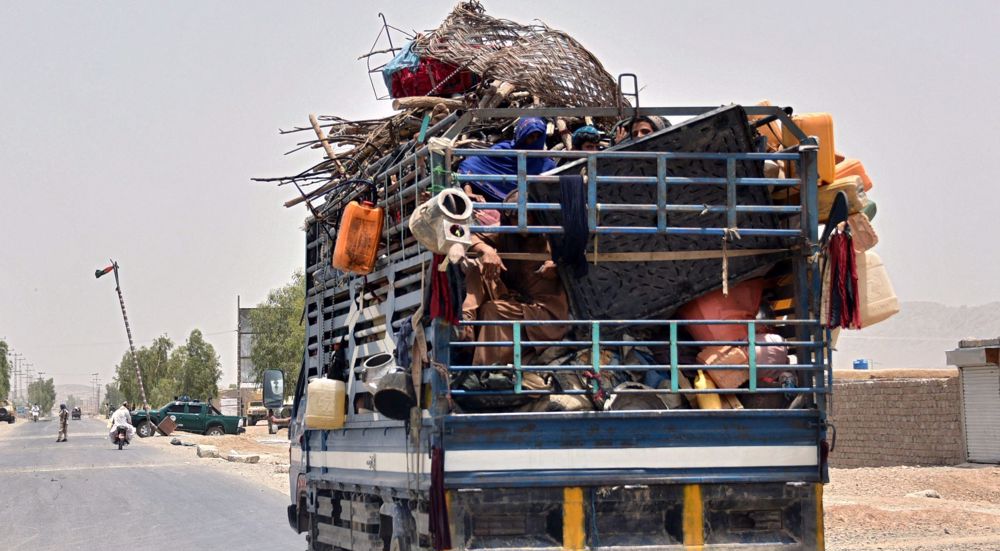
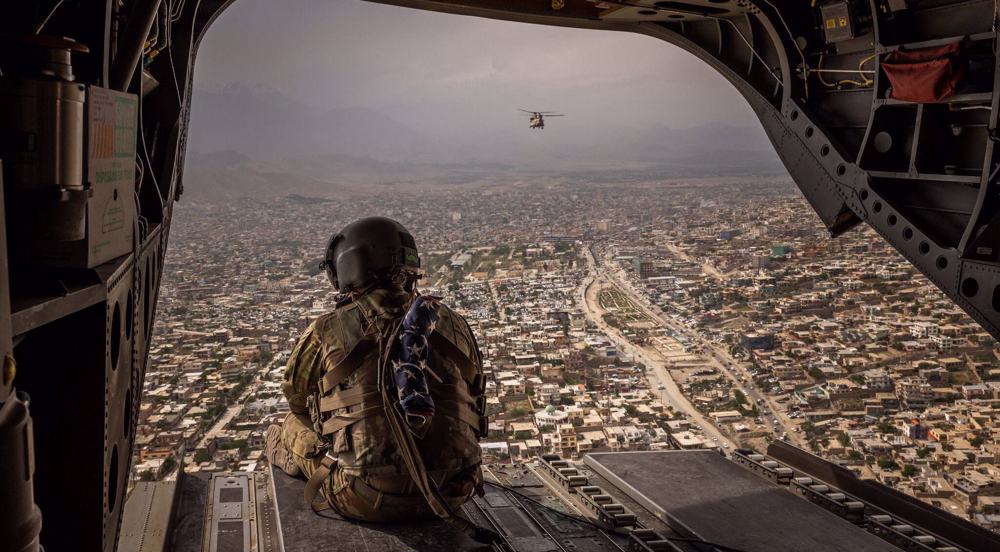
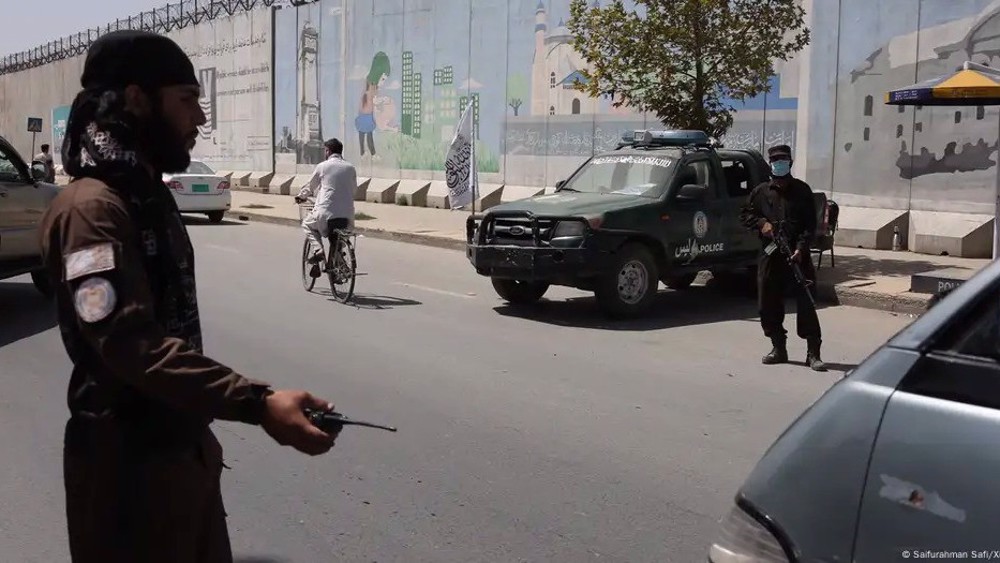
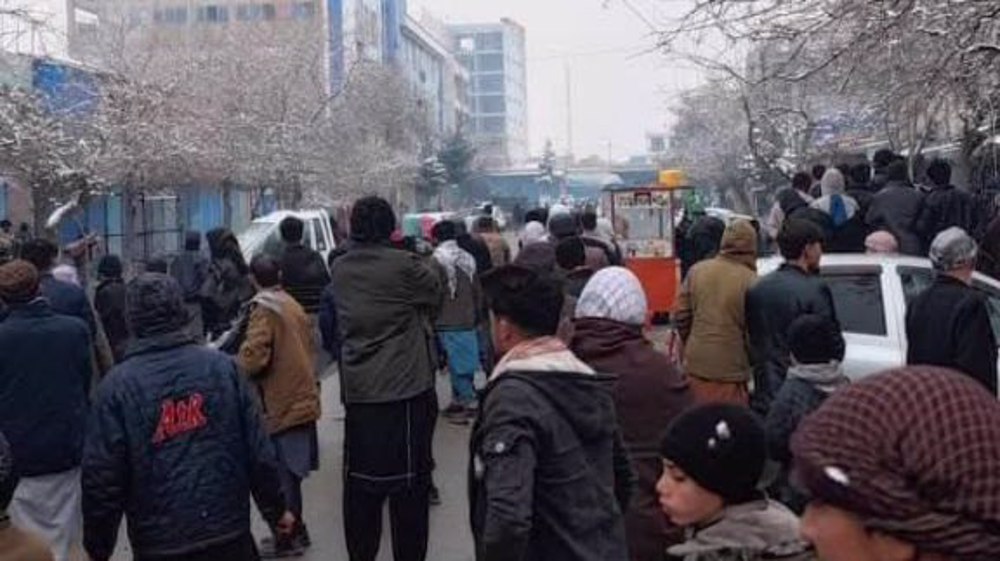
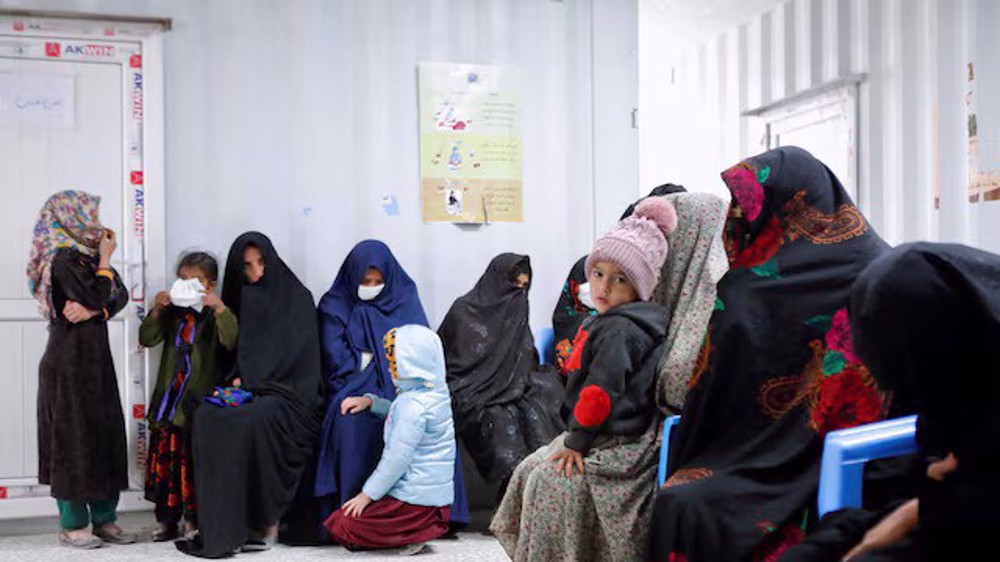





 This makes it easy to access the Press TV website
This makes it easy to access the Press TV website